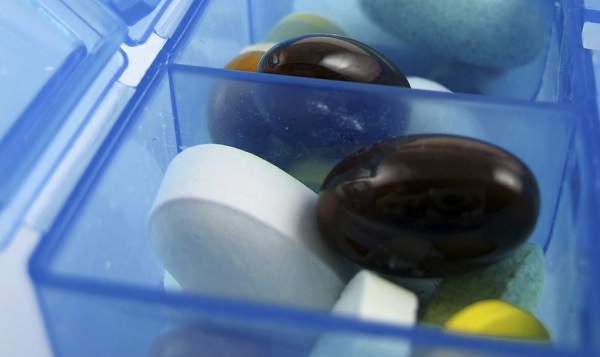Calls for action to encourage pharma to 'repurpose' old drugs

Pharma is unwilling to find new uses for generic drugs because of a lack of regulatory incentives, meaning patients could be missing out on effective treatments.
The Medicines for Europe regulatory affairs conference heard that there are some lucrative incentives to find new uses for branded drugs, such as up to 11 years of exclusivity on the market.
But there are no such benefits for pharma companies that repurpose drugs that have lost their patent protection.
This is preventing research into new uses for generics, which have the advantage of being known quantities, with a side-effect profile that is already well documented.
While further trials are legally required to ensure the medicines are safe and effective in their new uses, there are concerns that the regulatory barriers are stifling new development of drugs that have been on the market for perhaps decades in other indications.
But regulators are taking action to encourage pharma to look again at these older drugs in the hope to generate success stories such as that of thalidomide – a drug that became notorious for its side-effects as a sedative but was repurposed as a cancer drug decades after the well-publicised scandal.
Since July last European Commission’s expert group on Safe and Timely Access to Medicines (STAMP) has begun work on how to encourage repurposing of generics because of the lack of interest from industry.
In a paper published last month the European Medicines Agency outlined some of the issues that are preventing development of generics in new indications.
Developers from outside of industry are blocked from conducting late-stage research because they cannot get new uses approved if they are not the manufacturer
There are also issues with lack of information or data in the public domain, which could mean having to replicate tests and even entire clinical studies at great cost.
Daniel O’Connor, an expert medical assessor at the UK’s regulator, the Medicines and Healthcare products Regulatory Agency (MHRA), said industry representatives are to present a potential framework for repurposing old drugs to the STAMP.
Pradip Karmarkar, European director of regulatory affairs at Accord Healthcare told the conference that there is “great potential” in repurposing drugs.
But he said the current regulatory conditions and lack of incentives for pharma make it difficult to make a business case for research in this area.
Karmarkar said: “Companies don’t want to invest because it is difficult to justify requesting development projects.”
He suggested that possible solutions could include tax incentives to repurpose generics, and a pathway allowing researchers from outside of industry to file their research finding with regulators.
This could allow pharma companies to buy licences once a new indication has been approved.
Regulators could also waive their fees if patient populations are small in order to encourage development of new treatments for rare diseases, he said.












